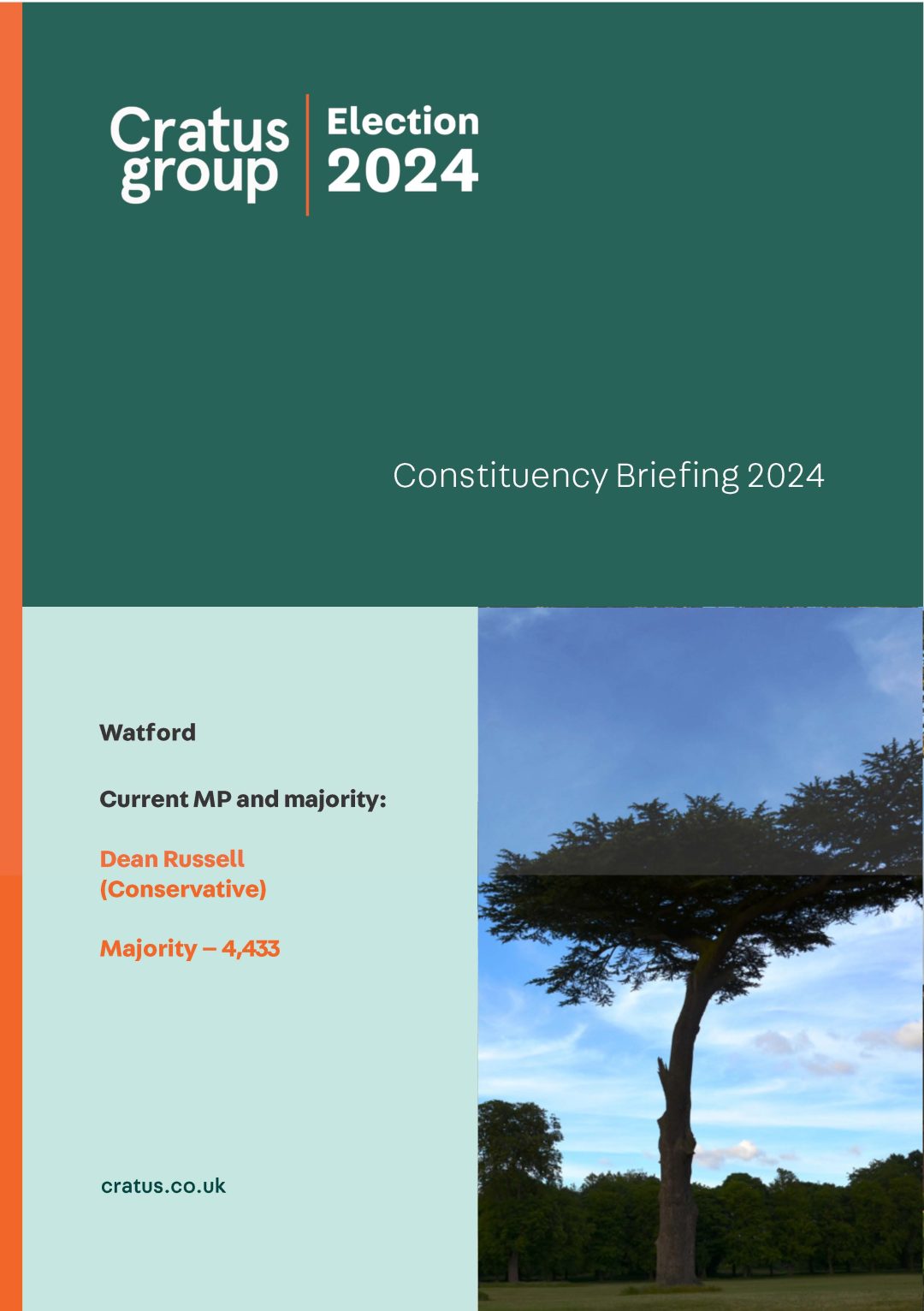Unity on unitaries? – The drive to set up more unitary authorities
The Government has announced that it intends to lay the ground for more unitary authorities, and an increasing number of councils are bringing forward proposals to become unitaries. Ellis Wiggins, Associate Director – Home Counties, looks at some of these proposals and the arguments being put forward for, and against, change.
England enjoys what could charitably be described as a complicated mix of governing structures across its local authorities – from counties, districts, towns and parishes to combined authorities, metro mayors and unitary councils. We know already that the Government has an objective to increase the latter across the country. Simon Clarke MP, the Local Government Minister, has confirmed that there is an intention to proceed with a White Paper which will include more unitary councils. These would replace a non-metropolitan two-tier system of a county council and district council with a single authority wielding both tiers’ responsibilities – covering a district, multiple districts, or a whole county.
Local pressure
Not that the push is just coming from Whitehall. Cllr Tim Oliver, the Leader of Surrey County Council, has announced that his administration is drawing up proposals for a county-wide unitary authority to replace its one county and 11 district councils. He argues that it will deliver “better services, more value for money and a simplified and more accountable system of local government for residents”. Lest it be thought that the enthusiasm for unitary councils is confined to the Conservatives, Surrey Labour have come forward with their own suggestions to replace the current set up with not one unitary authority but three.
Elsewhere, South Essex has been exploring options around changing its local government structures. One option has been a combined authority, made up of the Leaders of the South Essex district councils; another has been to have two South Essex unitary councils for the east and the west. Meanwhile, Basildon Council’s Labour-led coalition has repeatedly pushed to achieve unitary status to bring it out of the sphere of Essex County Council.
Oxfordshire
Question marks over a county-wide unitary for Oxfordshire have also cropped up. The County Council is due to debate a motion calling for a delay to Oxfordshire’s local elections until 2022 in order to allow for any Government moves to create a unitary authority for the area. This move has not gone unchallenged, with the Labour Leader of Oxford City Council and the Liberal Democrat Leaders of South Oxfordshire and the Vale of White Horse, calling it “extraordinary” and “unacceptable”. Their concern is that scrapping the District and County Councils in favour of one authority is politically-motivated, particularly in light of the Conservatives losing control of two Oxfordshire districts in 2019’s local elections. The Leader of the County Council, however, has pointed to providing the freedom to explore options without having to hold elections at a county level two years in a row.
Cross-party support
Cross-party support is a key factor in the success of a new unitary authority. The charge that can be levelled at some proponents of these new councils is that they appear to be designed to entrench or create political dominance by one party. It is vital that those leading the charge for a new governing structure are able to clearly set out how residents will benefit from a concentration of services under one authority, in order to avoid the taint of political opportunism. It is not helped when parties are against unitary councils because they are unwilling to cede part of their political dominance as the price for more powers and greater scale.
Benefits of scale
Unitary advocates also need to be sure that the scale that they are establishing their new council at is right for the financial challenges of the times. The six Berkshire councils, which became unitary authorities in the late 1990s, are increasingly acknowledged as being too small to fund and provide essential and costly services, including adult social care. However, there is no appetite to institute a county-wide unitary. Reading and Slough, both Labour authorities, would be uneasy at the thought of a council likely to be controlled by the Conservatives. At the same time, in Berkshire and around the country, there is little desire to break the local link with their communities and shift power further away from cities, towns and villages.
The way forward?
The creation of new unitary authorities will see a renewed push from both a national and local level and could represent a better political settlement if handled in the right way. Councils can work to engage with local communities to make them partners in reform, and ensure that a new unitary authority delivers better value for money, more efficient and joined-up services, and a scale which ensures that local people do not feel that their local government is remote and out-of-touch.







